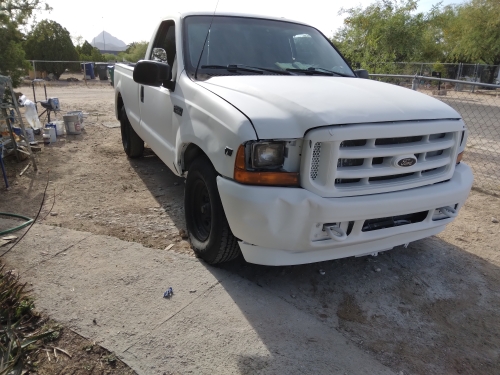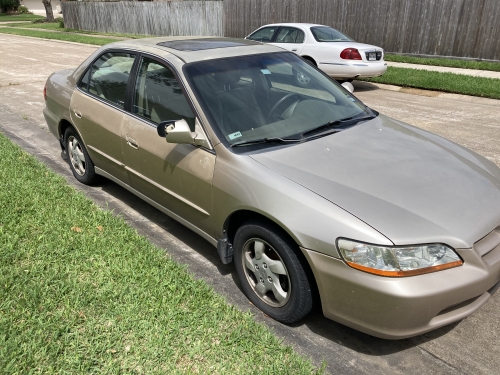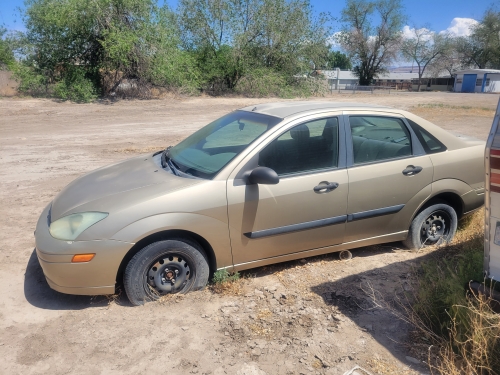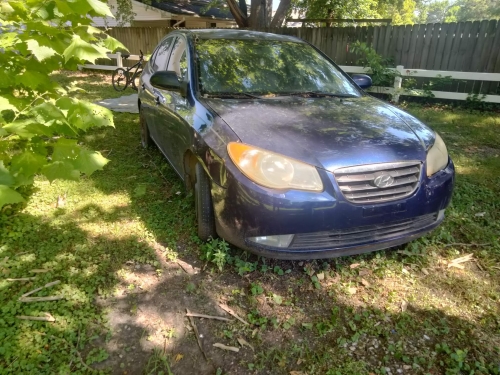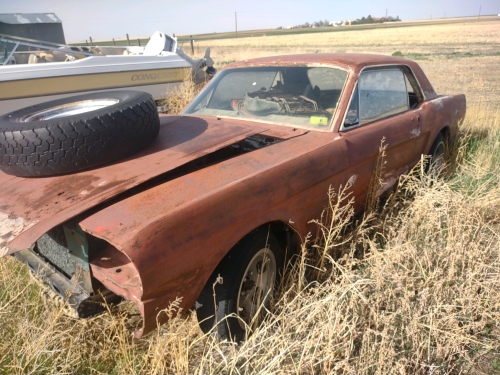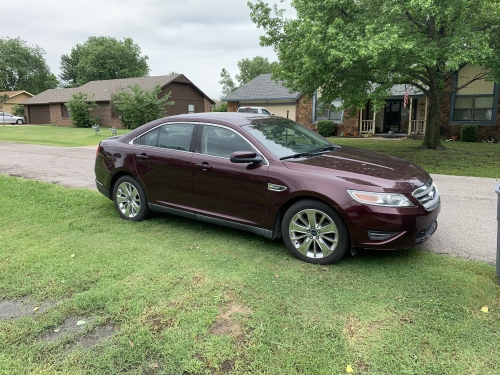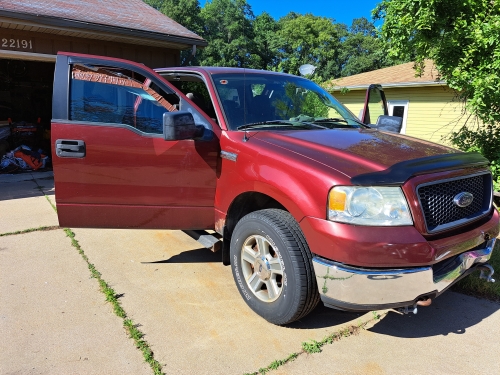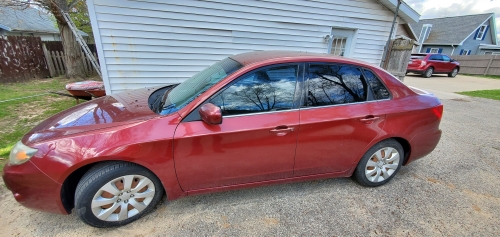Average American Car Life Expectancy by Make
Today, most of us are bound to cars and can’t imagine living without a vehicle. So, it’s no wonder you want your car to last longer. While an average car lifespan is about 200,000 miles or 8 to 10 years, it still varies for different car manufacturers and models.
In the table below, you’ll find figures on average American car life expectancy by model so that you could estimate an approximate remaining service life of a vehicle when buying a used car.
| Make | Model | Average Life Expectancy |
Chevrolet | Spark | 150-200,000 |
Bolt | 300-400,000 | |
Silverado | 150-200,000 | |
Captiva | up to 200,000 | |
Ford | Escape | up to 250,000 |
Mustang | 200,000 | |
F-150 | up to 300,000 | |
Maverick | up to 200,000 | |
GMC | Canyon | 200,000 |
Sierra | 250,000 | |
Terrain | 300,000 | |
Acadia | 200,000 | |
Dodge | Charger | 250,000 |
Challenger | up to 300,000 | |
Durango | 250,000 | |
RAM Trucks | RAM 1500 Classic | 200-250,000 |
RAM 1500 TRX | 250,000 | |
RAM 2500 | 250,000 | |
Jeep | Compass | 200,000 |
Cherokee | 175-200,000 | |
Wrangler | up to 280,000 |
What Affects Car Life Expectancy
By and large, a car life expectancy calculator estimates vehicle longevity based on the vehicle make and model, year, and mileage. Yet, more factors and aspects are impacting your car's estimated mileage or lifespan.
- Car class: Overall, modern cars last longer than their predecessors. And the car class also matters. Higher-class cars are usually manufactured using higher-quality parts and advanced technology, which results in a longer lifespan. It’s one of the reasons why SUVs, trucks, and crossovers are so popular now;
- Motor type: Motor type should also be considered when calculating your car's life expectancy. On average, gas and fuel engines have shorter lifespans than electric ones. Longevity and lower tear and wear are two more benefits of electric cars, in addition to the environmentally friendly operation that gives them a strong edge over standard models. To be more specific, while the average lifespan of a gasoline engine is around 200,000 miles, an electric prototype will last about 300,000 miles;
- Driving style: How you drive your car also impacts its service life greatly. In a word, the more careful and diligent of a driver you are, the longer your car will remain in a serviceable and safe condition. Car accidents also cut down the lifespan of your vehicle. Minor damages and repairable malfunctions won’t reduce the car's longevity too much. However, should the vehicle experience a serious collision, crash, or multiple accidents, it might heavily impact its life expectancy. In this case, you should closely estimate the damage to understand if your car is totaled and is better sold than held on to. This is where a how much is my totaled car actually worth will come to help determine the value of your scrap car;
- Car body condition: Rust and corrosion on the car body also shorten the vehicle's service life. Hence, should any peeled paint, scratches, or deformations appear on the car body parts, the timely repair will help avert the negative effect on the car's life expectancy;
- Maintenance: Regular visits to the service center and mechanics will help your car last longer. Scheduled maintenance, oil, belt, and filter replacement, as well as replacement of faulty parts, will increase the life of your automobile.
By using an online car life calculator, you’ll be able to estimate the life expectancy of your car, since those tools normally take into account both major and minor aspects of impact to generate the most accurate result.
5 Facts About Car Life Expectancy You Should Know
To understand how the service life of your car might change while it’s in use and how you can improve your car’s longevity, there are a few aspects and facts you should know about the car's lifespan:
- A car is depreciated by 15% to 35% in a year, irrespective of other impact factors. These are market conditions you can’t change.
- While the average longevity of a modern car is about 200,000 miles or 8 years, many vehicles can last longer thanks to advanced technologies used in automobile production, regular servicing, careful driving style, and improved road conditions.
- Up-to-date quality maintenance is the key to your car’s long lifespan. Thus, when striving to save a few cents on car parts and consumables, keep in mind that you are investing in your car’s longevity, and it’s not worth skimping on quality.
- Heat over 220 degrees is one of the biggest engine hazards. It’s damaging to the engine and the battery and will greatly reduce the service life of your vehicle.
- Temperatures below 76 degrees are no less risky than heat. Freezing cold might severely damage many car components, including transmission and pipelines, the oil system, and the battery. So, it’s better to avoid extreme temperatures and keep your vehicle in a safe environment to make it last longer.
Consider Selling Your Old Car to JunkCarsUs
If you are about to replace your old car yet don’t think it’s in a condition to be sold at a good price, don't rush with filing it away in storage. Call JunkCarsUs first. We buy scrap cars of all years and in any condition. The make and model don’t matter. And we buy them at fair prices.
We’ll settle the deal quickly, and you’ll get your cash the same day. You can even leave the paperwork to us. Just call us to get your quote.
We buy junk cars in any condition
-
Blown Engine
-
Burned
-
Damaged
-
Flooded
-
Non Running
-
Old
-
Salvage
-
Scrap
-
Totaled
-
Used
-
Wrecked
-
Hail damaged
-
Bad Transmission
-
Without Catalytic Converter

























